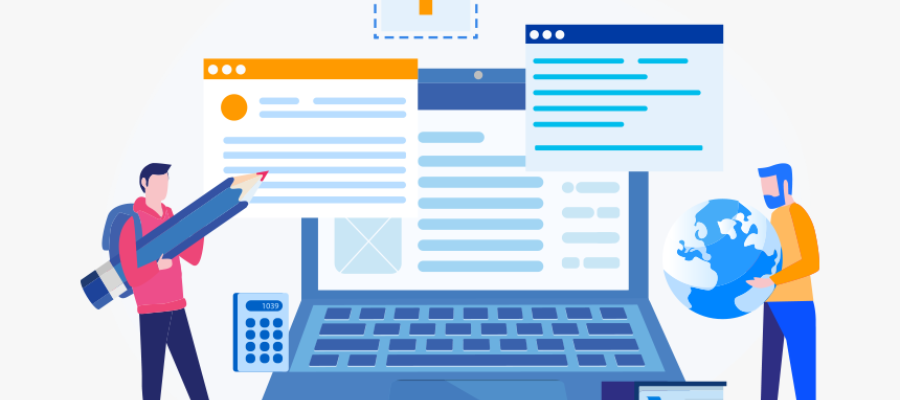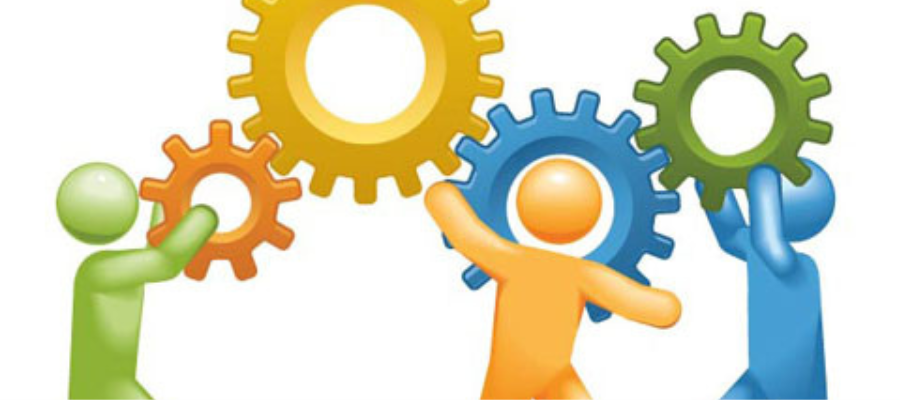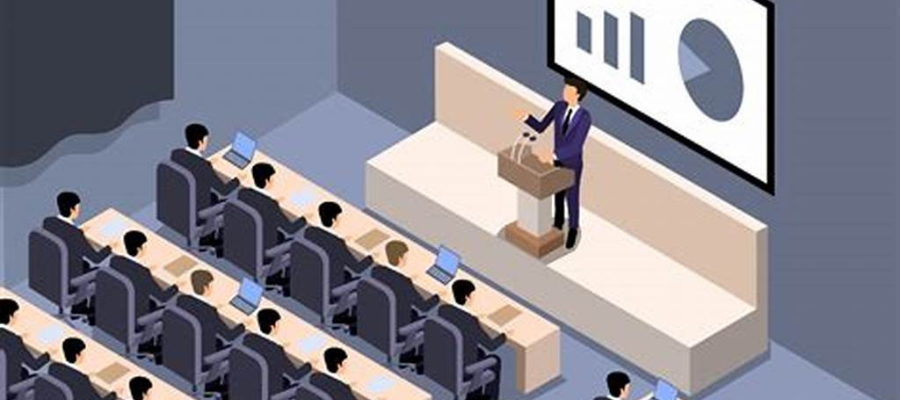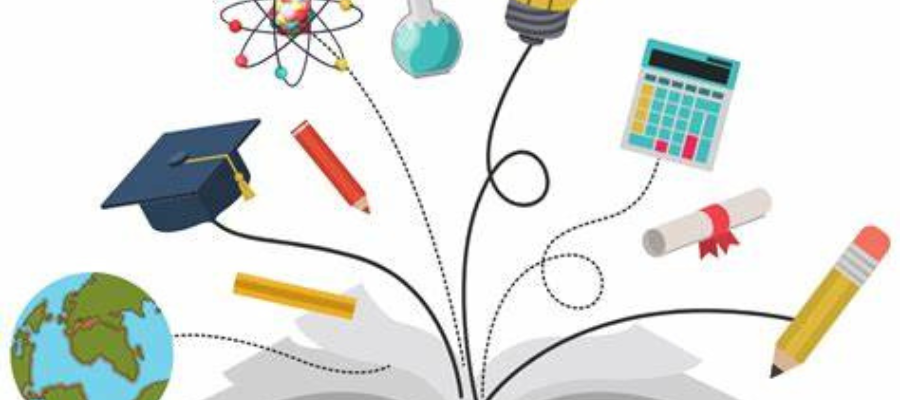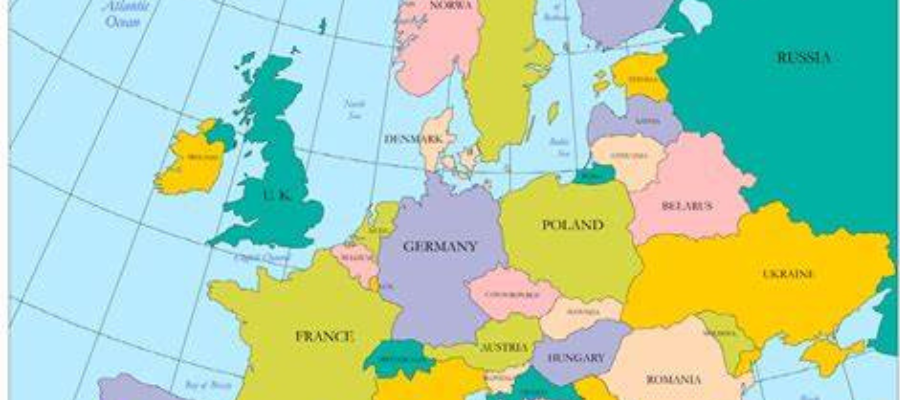Building Digital Literacy: A Competency Essential Today
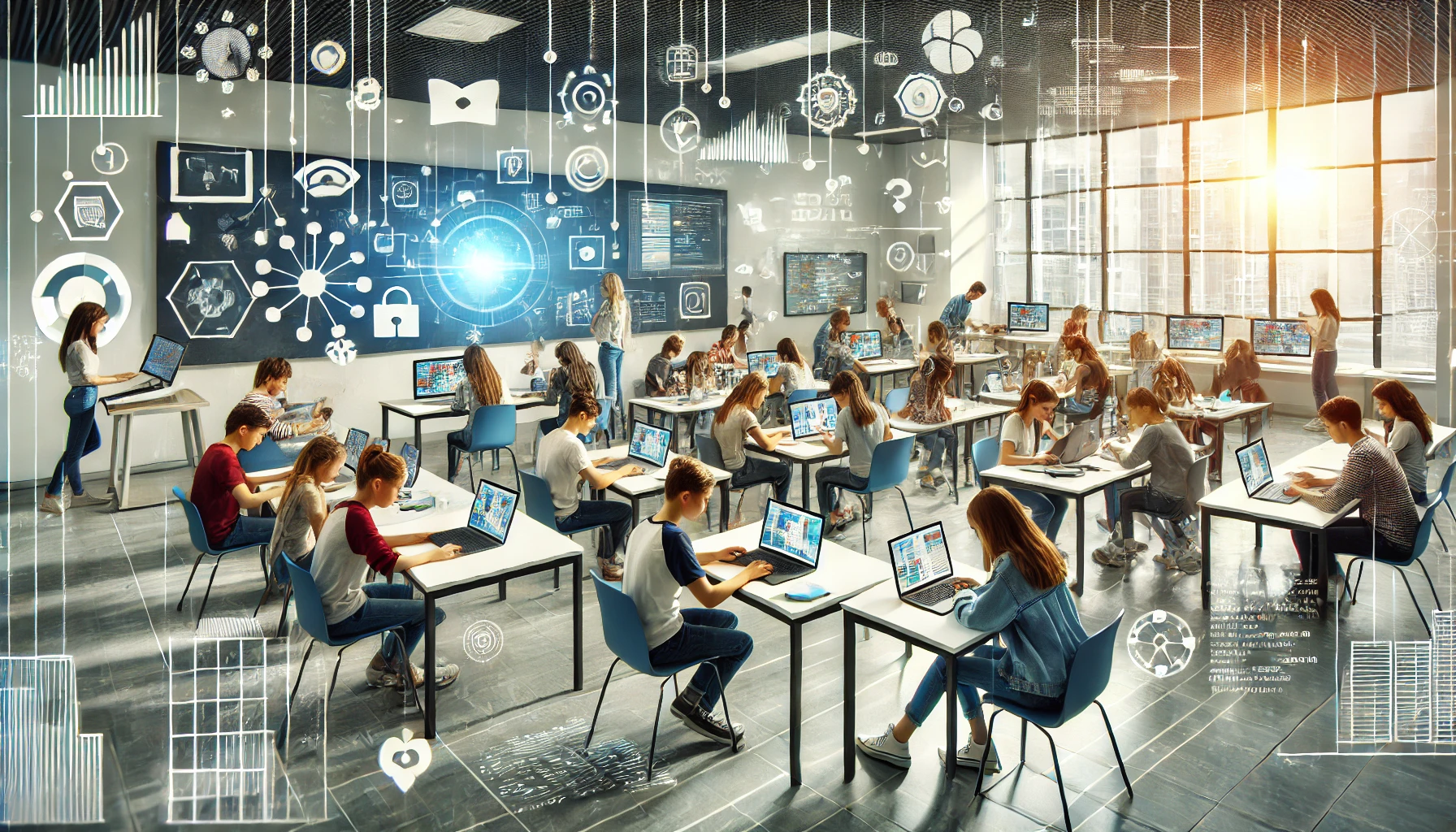

With algorithms, interconnectivity, and rapid technology evolution increasingly determining our world, digital literacy is no longer an added nicety but an absolute necessity. How we communicate and get news, how we work, learn, or even think—digital technology touches every aspect of our day-to-day lives. However, the majority of us have not yet acquired the skills needed to cope with this complex setting. Digital literacy is not just keeping up with the trends—it’s about staying relevant, empowered, and safe in the digital age.
What Is Digital Literacy?
Digital literacy is not just operating a computer or a smartphone. It’s a wide field of skills that encompasses:
- Knowing how to use digital tools and platforms effectively.
- Evaluating information for credibility and accuracy.
- Effective communication in online spaces.
- Controlling one’s digital identity and understanding privacy.
- Staying safe online by being able to recognize threats like phishing or malware.
Think of it as the new literacy that supports everything, just like reading and writing did in the 20th century. It’s what enables people to function well in today’s digitally-drenched world.
Why Digital Literacy Is More Important Than Ever
- The Workplace Requires It
Nearly all sectors have adopted digital technologies into their processes. From construction project management software to cloud accounting platforms in finance, digital skills are now a beginning point expectation. Based on a World Economic Forum report, more than 90% of current jobs need a minimum of basic digital skills. That figure is only increasing.
Good digital literacy empowers employees to be able to adapt to new tools, mechanize mundane processes, and become more productive. The others, however, lose ground in a more competitive labor market.
- Education Has Gone Digital
Distance learning, e-books, online research databases, and learning management systems are on the rise as the new standard in education. Digitally literate students are better prepared to do research, work with others online, and use educational technology to support learning.
For teachers, digital literacy is no less important. It’s not integrating technology tools into the classroom but teaching students how to use those tools responsibly and effectively.
- Misinformation and Fake News Are Everywhere
The internet has made it easier than ever to disseminate misinformation. From deepfakes to manipulated statistics, we’re flooded with information that’s outright false or misleading. Digital literacy provides individuals with critical thinking capabilities to analyze sources, challenge narratives, and distinguish fact from fiction.
Without these skills, people become more vulnerable to scams, propaganda, and conspiracy theories—all having real-world implications.
- Cybersecurity Is Everyone’s Responsibility
We tend to think of cybersecurity as the work of IT professionals, but the truth is much more democratic. A single click on a dodgy link, an awful password, or posting too much information online can result in identity theft, data breaches, and even job loss.
Digital literacy includes awareness of how to protect oneself and one’s data on the internet. It means being aware of what a phishing email is, how two-factor authentication is put into place, and why updates are required for software.
- Digital Citizenship and Online Behavior Matter
The way we act online—what we share, what we like, what we post—has real-world effects offline. Netiquette (internet manners), consideration for others’ privacy, and knowledge of how online actions impact reputation and mental well-being are all components of digital literacy. With the growth of cancel culture, online bullying, and permanent digital trails, the social and ethical aspects of participating online are more crucial than ever.
Building Digital Literacy: A Roadmap
If digital literacy is the ticket, then how do you build it? If you are a student, working professional, or adult learner, building it takes a few steps.
- Begin with the Fundamentals
If you’re not familiar with using email, web search, or the fundamentals of productivity software such as Microsoft Office or Google Workspace, that’s where you start. Free courses are typically available at community colleges, public libraries, and internet sites to complete these basic skills.
Software such as:
- Typing Club (typing ability)
- GCFLearnFree (computer basics)
- Coursera and edX (digital skills overall)
- Practice Assessing Information
Learn or educate others to spot fake news, check sources, and recognize bias. A good tip is to ask:
- Who wrote it?
- What is their source?
- Why was this created?
Sites such as Snopes, FactCheck.org, and Media Bias/Fact Check can be used to examine the authenticity of online material.
- Improve Your Digital Communication Skills
Email tone, Teams/Slack tone, and even putting emojis in the workplace are all part of online communication. Not only what you write, but also how you write it matters. Knowing where you are writing (informal vs. formal channels) can help with workplace harmony and online connectivity.
Develop proofreading habits, not typing in all caps (difficult to read), and the emotional charge your words have.
- Be Aware of Your Online Reputation
You don’t want to hurt your feelings through something you did a long time ago. Check Google periodically about yourself. Customize social media account privacy settings. Consider what you’re posting publicly.
Being a digital citizen also includes being knowledgeable about the pitfalls of sharing data, cookies, and third-party tracking of activity online.
- Prioritize Cybersecurity
Fundamental cybersecurity practices are a requirement. Get training on:
- Setting strong, original passwords.
- Having a password manager.
- Identifying phishing cons.
- Activating multi-factor authentication.
- Keeping your software up to date.
Implement these habits with kids and elderly folks too—they’re usually the most susceptible.
- Adopt Lifelong Learning
Technologies are dynamic. In order to become digitally literate, you must make a commitment to ongoing learning. Read tech trend newsletters, watch digital education videos on YouTube, and examine sites such as LinkedIn Learning or Khan Academy.
You don’t have to be a geek. You simply need to be willing to adapt and be inquisitive.
The School, Employer, and Community Role
Effort from the individual is important but institutions need to become involved as well.
- Schools must include digital literacy in the curriculum—not just computer class.
- Employers must train staff, not just assume their employees are digitally literate.
- Governments and communities must provide access to the internet, digital devices, and training, especially in deprived communities.
The digital divide—between those who are able to use and gain full advantage from digital technology and those who are not—is a serious threat to equality. Closing the gap requires collective investment.
Conclusion: A Non-Negotiable Skill for a Digital World
Being digitally literate is no longer an option. It’s the difference between opening the door to opportunity, staying safe online, and being an active participant in society today. From job hunting to online banking, from online classes to virtual doctors, digital literacy touches almost every aspect of our lives.
But being digitally literate is not simply a matter of staying abreast of technology—it’s about employing technology with intent, discretion, and accountability. No matter where you stand in your digital evolution, whether starting out or looking to refine your capabilities, the time to invest in this essential skill is now.
Get support from Aara Consultancy!
We provide 360° Solution for your Education Needs. Contact us

